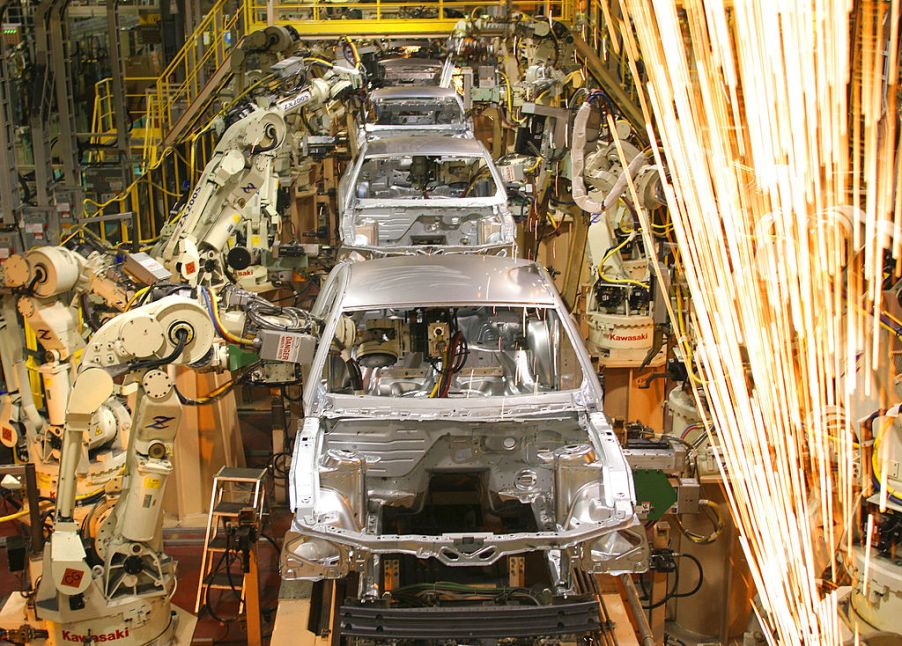
Recession, Brexit, and Union Negotiations Could Tank Global Car Industry
Today’s more-than-800-point drop in the stock market confirms the warning signs many financial scribes and analysts have been bleating; that there’s another recession heading our way. Less demand for vehicles and the Trump tariffs are causing carmakers to back off of some product plans to help weather a possible recession, according to Reuters. Add to that the UK’s Brexit mess and the auto industry is bracing for tough times ahead.
Ford, GM Tighten Belts
Both Ford and General Motors have reiterated they fear a global recession is around the corner. Trump’s tariffs have caused raw material costs to rise globally. Ford has a $20 billion cushion if a sharp downturn happens according to Matt Fields, Ford North America Chief Financial Officer.
GM has two-years worth of dividends for stockholders in addition to $18 billion in cash according to Dhivya Suryadevara, head of finance for GM. He also said GM has studied different market downturn scenarios similar to the 2007-2008 financial crisis to get a sense of what could lay ahead.
But Suryadevara also stated that GM does not see an imminent downturn at this time. Still, Gm is looking at delaying some capital expenditures, as well as increasing development of lower-priced vehicles just in case.
Over at Ford, financial analysts are also modeling different economic conditions both in the US but also globally, paying special attention to the UK over Brexit concerns.
Heightening all concerns are Trump’s tweets suggesting more rounds of tariffs may be on the horizon. This alone has created havoc on Wall Street, which only exacerbates the actual costs associated with the tariffs. Neither China nor the US seems to be backing down from their tariff rancor.
Labor Negotiations
The United Auto Workers and Ford are preparing for the first round of negotiations for new contracts with the current contracts expiring. According to the Detroit Free Press, the Union prefers starting with Ford because it’s a “good-faith partner.”
The Union believes GM broke its commitment to keep plants, shifting production to Mexico. Its chant is “Mexico didn’t bail out GM, we did.” The Union will be in a much better position confronting GM if it had an agreement with Ford. Time will tell.
The collective bargaining process is fraught with a myriad of different points of contention, with the overriding concern for a strike. But at $250-a-week wages for striking workers, no one wants to go there.
Brexit, No-Deal Brexit
UK investment in car-related companies is off by more than 70% for the first six months of 2019. That rounds off to $110 million. Compounding the investment picture is that vehicle output for the same period fell over 20%. This is the 13th straight month of decline.
UK exports fell almost the same amount, which comes out to 533,318 units for the first half of 2019. While exports to the US were down 12.9%, the big downturn is with China. As the world’s largest market for vehicles, the UK’s vehicle exports were down a whopping 53.1%.
Europe is the UK’s biggest market overall. A reduction of 15.6% represents a very significant drop.
There is still much discussion over whether Brexit will happen, or the UK opts for a “no-deal” Brexit. If there is a no-deal then tariffs would be initiated costing $5.5 billion a year, stopping the movement of goods in and out of the UK.



